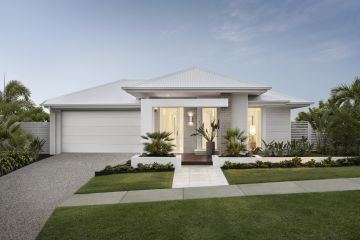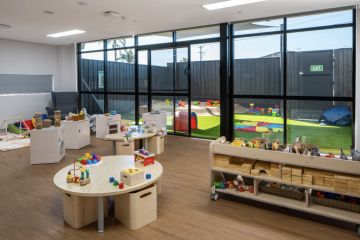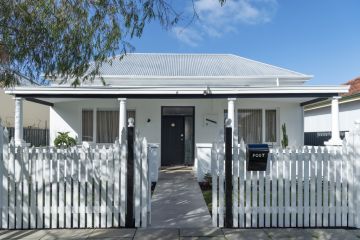Making your rental property attractive to tenants

Approximately 31 per cent of Australia’s adult population rent, and about 42 per cent of them are aged between 18 and 34. If you’re a rental property owner, it is useful to know exactly what these renters are looking for.
Recent research from Domain showed what influences renters in their decision when choosing a property. Some of the most important factors affecting a tenant’s decision will be predetermined, such as:
- The suburb or area the property is located in (this topped the poll, with 73 per cent of respondents citing it as important, if not the most important factor, when selecting a rental property)
- Convenient access to public transport (the third most important factor, at 64 per cent)
- Proximity to shopping and shopping centres (ranked fourth, at 63 per cent)
- Off-street parking or a carport (ranked sixth, at 57 per cent)
- Outdoor space such as a courtyard (ranked eighth, at 52 per cent).
Once purchased, some clever alterations can significantly improve the rentability of the property.
Number of bedrooms
Seventy-one per cent of surveyed tenants said the number of bedrooms in a rental home, be it an apartment or house, was important. This makes the number of bedrooms the second most important factor in the decision to lease a property. The more bedrooms, the wider the range of tenants the property will attract and the higher the rent that can be charged. With this in mind, it is worth considering an attic conversion or converting the sunroom or study into extra bedroom space.
An internal laundry
An internal laundry was the fifth most attractive trait for renters according to the Domain survey, highlighted by 60 per cent of tenants. Consider altering the bathroom or kitchen to accommodate a washer and dryer if there is no internal laundry.
Built-in wardrobes
Australians clearly value clothes storage and do not like having to move wardrobes. Built-in wardrobes came seventh in the list of important features in a rental home, nominated by 56 per cent of tenants. Installing built-ins is one of the most cost-effective alterations you can make to a rental property. Consider floor-to-ceiling built-ins that will make the best use of space. Mirrored cupboard doors create the illusion of more space and increase a room’s brightness by reflecting natural light.
Ample storage
Whether it be cupboards, garage room or attic space – providing renters with enough general storage can be a lucrative move. Storage was ranked ninth on the must-have list, as voted by 50 per cent of renters. It is important to recognise that tenants do not want to organise their own storage solutions.
Consider renters who own pets
While ‘no pet’ rental policies are common in Australia, at least 46 per cent of renters flagged pet-friendly rentals as important when considering rental properties. According to the Australian Companion Animal Council, more than 60 per cent of Australian households have a pet, leading to a robust rental market for pet-friendly accommodation. Australian research has also shown that pet owners are often prepared to pay 7–14 per cent more rent to accommodate their pets, and these tenants tend to hold longer leases.
We thought you might like
States
Capital Cities
Capital Cities - Rentals
Popular Areas
Allhomes
More







